
2025 LeapUp Edutech PVT. LTD
We have all probably heard at one point or another about share buybacks, an activity that companies carry out to return their profit to investors. On the surface, it probably seems like a simple enough mechanic, as the name itself seems to tell us all that we need to know.
Generally, when companies want to raise funds, they will issue shares, but if a company has excess funds with great profitability and reserves, they will want to give this benefit to their shareholders.
When a company earns a profit, it has some choices. It can re-invest the money back into its business, pay a dividend to shareholders, or buy back stock shares. Reinvesting the money can help the company grow through research and development or by expanding into new markets. However, some companies are limited in their ability to grow their business and seek to return capital to investors. These companies can choose to pay a dividend or buy back shares.
Nowadays, buybacks have become a popular choice. So how do the buybacks work?
A buyback usually begins with an announcement that includes the particular amount company plans to spend and a time period during which it plans to buy.
There are several buyback methods. It might be through a tender offer where they solicit their existing shareholders with a specified stock price and ask those interested to sell them their shares, or like other investors, they may just go to the open market.
The company will attempt to buy back the shares a little at a time over the buyback period. The investors wishing to cash in will simply sell the shares from their brokerage account. It is a great opportunity for investors to receive a certain amount of profit without risk.
Recently, Tata Consultancy Services announced a buyback of shares in the year 2018.
At its meeting on June 15, 2018, the company’s Board of Directors authorised a proposal to buy back up to 7.6 crore equity shares for an aggregate sum not exceeding Rs 16,000 crore.
This was a tender offer, in which the business offered to buy back shares on a specific date and at a specific price. The tender offer price nearly always includes a premium above the prevailing share price. TCS issued a tender offer to buy back its shares at a fixed price of Rs 2100 per share.
There’s also a SEBI mandate out there that if you are a small investor (holding shares worth 2 lakh or less), 15% of the total buyback amount is reserved for you. So 15% of around 16000 crore rupees means that around 2400 crore rupees are reserved for those small shareholders.
In order to be eligible for the buyback, the investor must own Tata Consultancy Services Limited (TCS) shares in demat or physical form as of the record date of August 18, 2018. Once the shares are in the demat account, investors can participate in the buyback procedure till the closing date. On October 3rd, 2018, they were paid for accepted shares, and unaccepted shares were returned to their demat account.
A buyback announcement sends out a good signal for the stock because the buyback price is usually set at a premium to the current market price. Ideally, it shows the stock’s undervaluation and management’s confidence in the company’s prospects.
However, in some situations, stock buybacks can be used to help keep stock values high, particularly in volatile markets or when the company is facing significant challenges.
Nagindas Khandwala College, BMS-2023


2025 LeapUp Edutech PVT. LTD
The only CFA Training Program that provides complete personalization via 1-on-1 Mentorship & Instant Doubt Solving by qualified faculties.
This program is specially curated for Working Professionals & Students with busy schedules.
Join our Level 2 Online Training and Leapup In Your Core Finance Career.
Appear for 8 CFA mock test level 1 in Computer-Based Testing (CBT) format + solve 30 subjectwise CFA level one practice questions.
Appear for 8 mocks in CBT format to crack your CFA Level I Exam.